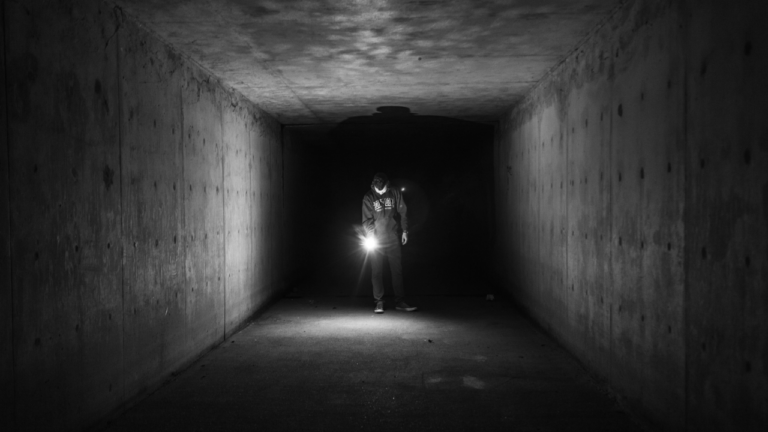7 Murder Mystery Game Night Questions

Hosting a murder mystery game night is a thrilling way to bring friends and family together for an evening filled with suspense, deduction, and interactive storytelling. A successful game night isn’t just about the plot; it’s also about the questions you ask to unravel secrets and keep everyone on their toes. Here are some questions that can add layers of intrigue and help players uncover the truth as they navigate through a night of mystery.
1. Character Background Questions
These questions help players delve deeper into their characters’ pasts, motivations, and relationships with others, setting the stage for an immersive experience.
- “What’s the most memorable event from your character’s past?”
- “How did you meet the victim, and what was your last encounter like?”
- “Are there any secrets in your past that you’d prefer to keep hidden?”
- “How would your character describe their relationship with the other guests?”
- “Is there someone here you don’t trust? Why?”
These questions build character depth, creating motives and histories that add to the suspense. They encourage players to explore their roles more fully, revealing subtle details that could be relevant to solving the mystery.
2. Alibi and Timeline Questions
Pinning down where each character was at specific times can help players piece together the events leading up to the crime. These questions encourage players to stay on their toes, tracking each detail.
- “Where were you during the time of the murder?”
- “Did anyone see you at the time of the incident?”
- “What was the last thing you remember seeing or hearing before the murder?”
- “Did you notice anyone behaving suspiciously earlier in the evening?”
- “Was there anyone who seemed particularly anxious or distracted?”
As players answer these questions, inconsistencies or gaps in alibis can emerge, giving detectives in the group something to latch onto as they work to unravel the mystery.
3. Behavior and Motive Questions
Behavioral clues and motives are essential in mystery games. These questions prompt players to consider their character’s intentions and the reasoning behind their actions.
- “Did you have any disagreements with the victim?”
- “What would you say is the victim’s biggest weakness or flaw?”
- “Did the victim have any enemies? Who, and why?”
- “Do you stand to gain anything from the victim’s death?”
- “How would you react if someone accused you of the murder?”
- Is money involved?
By exploring these behavioral clues, players can construct a more complex picture of possible motives. This can lead to revelations about which characters had the most to gain (or lose) from the victim’s demise.
4. Secrets and Relationships Questions
Mystery games often involve hidden relationships and secrets that influence character dynamics. These questions allow players to explore these connections, unearthing clues and creating red herrings along the way.
- “Have you had any past conflicts with other guests?”
- “Is there anyone here who knows something about your past that others don’t?”
- “Is there anyone here you’re secretly allied with?”
- “Do you have a personal connection to the victim that others aren’t aware of?”
- “Is there a hidden rivalry between you and someone else in the group?”
These questions prompt players to reveal information that adds to the intrigue, often leading to unexpected discoveries about alliances, rivalries, or hidden grudges.
5. Observation and Insight Questions
Encouraging players to observe and interpret each other’s behavior is key to solving a murder mystery. These questions drive players to keep an eye on details, noting subtle behaviors that could reveal guilt or innocence.
- “Did you notice any strange behavior from anyone tonight?”
- “Is there something that doesn’t seem to fit or feels out of place?”
- “Who do you think is acting the most suspiciously?”
- “Is there someone here who seems particularly nervous?”
- “What’s one thing about this case that you find especially odd?”
These questions give players a chance to identify patterns or anomalies in behavior, helping them stay engaged and observant throughout the game. They can lead to significant breakthroughs, especially when players cross-reference each other’s answers.
6. Evidence and Physical Clues Questions
Physical clues are central to solving the mystery, and these questions encourage players to think critically about the evidence. They can help players focus on details that may have been overlooked.
- “Did you see any unusual objects or items at the crime scene?”
- “What’s one piece of evidence you think is crucial to solving the case?”
- “Did you handle any items that could tie you to the crime scene?”
- “Is there a specific item that you believe belongs to someone else here?”
- “Did you come across anything that seemed like it was intentionally placed to mislead?”
Focusing on evidence encourages players to examine physical clues more closely, helping them understand how each item or trace might fit into the overall mystery.
7. Final Deduction Questions
As the game nears its climax, these questions can prompt players to summarize what they know and make their final deductions.
- “Who do you believe is the most likely suspect, and why?”
- “What do you think was the killer’s primary motive?”
- “If you could ask one person here a single question to reveal the truth, what would it be?”
- “What’s the one piece of evidence that sealed your suspicions?”
- “Do you believe there’s more than one person involved in the crime?”
These questions are a great way to tie all the clues together, encouraging players to make educated guesses and reveal their theories before the final reveal.
Conclusion: Unraveling the Mystery Together
A murder mystery game night is an unforgettable experience when the right questions are asked to fuel intrigue and suspicion. By asking probing questions about characters, motives, relationships, and evidence, players can immerse themselves fully in the story, gradually piecing together clues until the truth emerges. Whether you’re hosting or participating, use these questions to make the evening more thrilling and to keep everyone engaged from start to finish.






